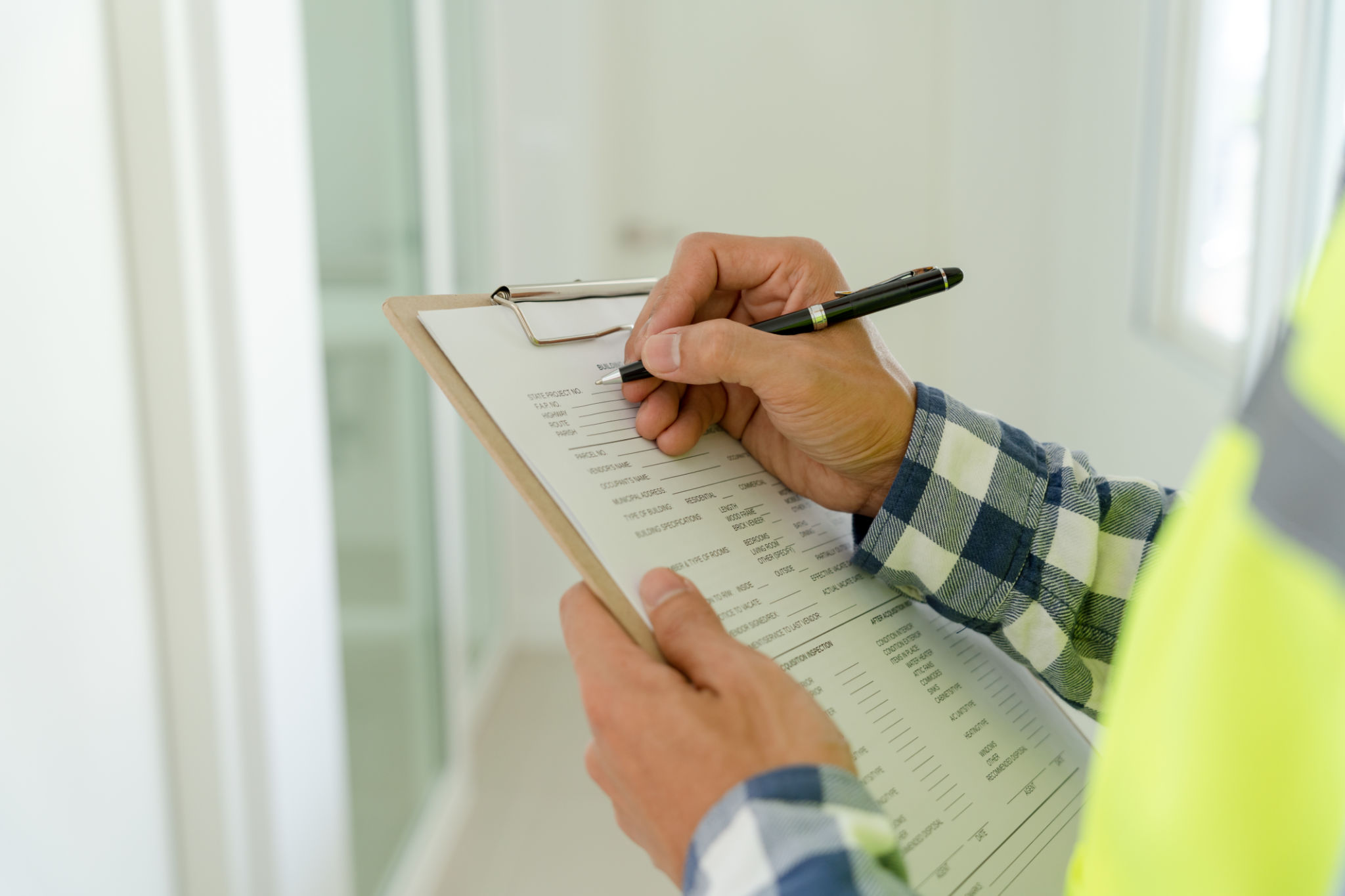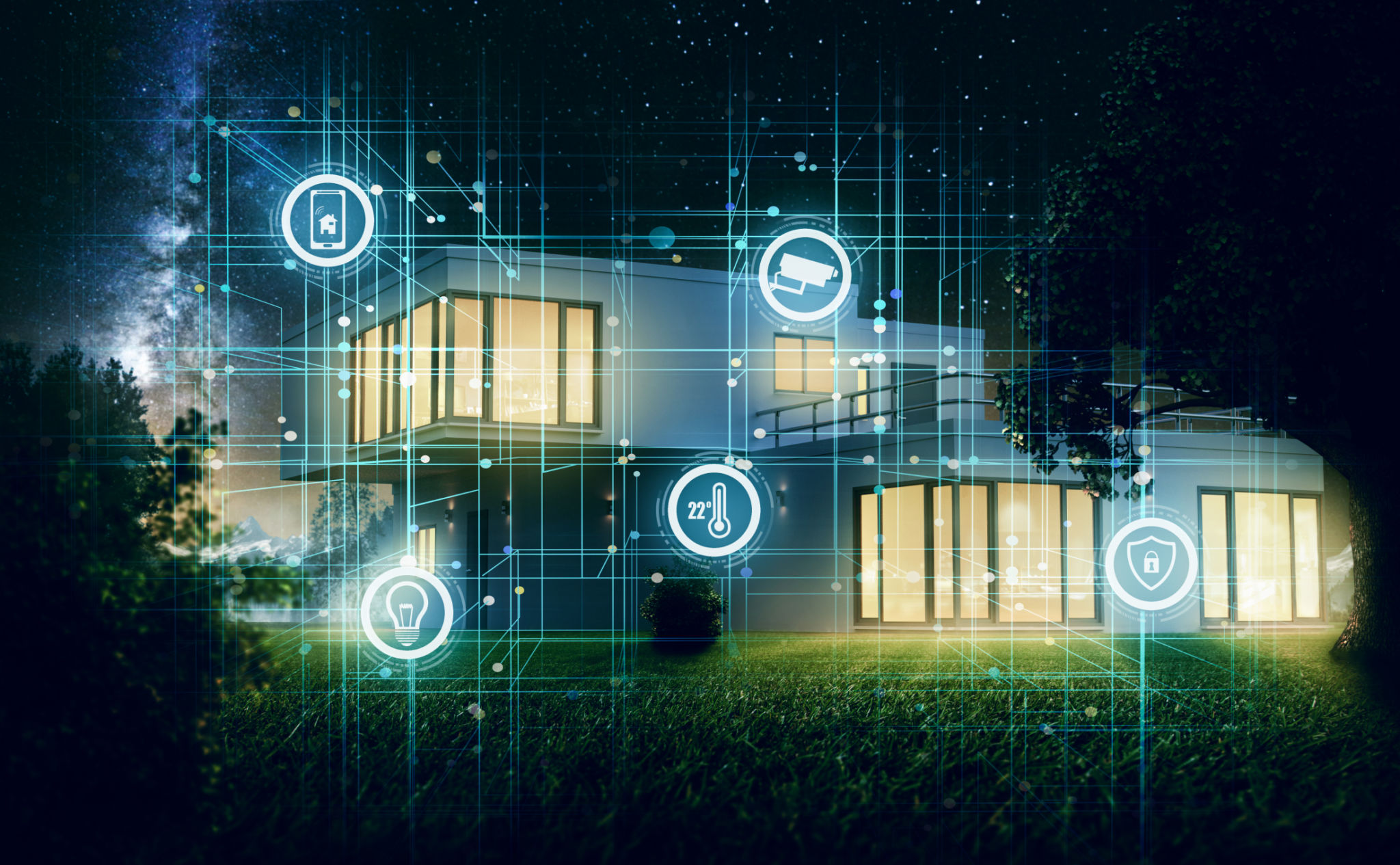How to Choose a Security Alarm System: A Comprehensive Guide
IS
Understanding Your Security Needs
Before diving into the various options available in the market, it's crucial to understand your specific security needs. Consider factors such as the size of your property, the number of entry points, and the presence of pets or children. A thorough assessment will help you determine the type and extent of the security system you require.
For instance, larger homes might benefit from a comprehensive system with multiple cameras and motion detectors, while a smaller apartment might only need a few strategically placed sensors. Identifying these needs ahead of time can save you time and money.

Types of Security Alarm Systems
Once you've assessed your needs, it's time to explore the different types of security alarm systems available. The most common categories include:
- Wired Systems: These systems are connected through physical wires and are known for their reliability. However, they may require professional installation.
- Wireless Systems: Easier to install and often preferred for their flexibility, wireless systems use radio frequency to communicate between components.
- Smart Home Integrated Systems: These systems can be controlled and monitored via a smartphone app, offering convenience and advanced features.
Wired vs. Wireless: Which is Right for You?
The choice between wired and wireless systems often comes down to personal preference and property characteristics. Wired systems are ideal for new constructions or during significant renovations when running cables is feasible. On the other hand, wireless systems are excellent for existing homes or rental properties where drilling might not be an option.

Key Features to Consider
When selecting a security alarm system, certain features can enhance your property's protection. Look for systems that offer:
- 24/7 Monitoring: Ensure that your property is monitored continuously, providing peace of mind even when you're away.
- Mobile Alerts: Real-time notifications sent directly to your smartphone can alert you to any suspicious activities.
- Video Surveillance: Cameras with live streaming capabilities allow you to check in on your property anytime.
Additional features like environmental sensors for smoke or carbon monoxide can also increase the safety of your home.
Installation and Maintenance
Consider who will install and maintain the system. Some systems are DIY-friendly, allowing you to set them up yourself, while others might require professional installation. Regular maintenance is also essential for ensuring the system functions correctly over time.

Budget Considerations
Your budget will naturally influence your final decision. Security systems come in a wide range of prices, depending on complexity and features. While it's important not to compromise on essential features for the sake of cost, there are options available to fit most budgets.
Consider any ongoing costs such as monitoring fees or subscription services associated with smart home systems. These can add up over time, so it's crucial to factor them into your total budget.
Making the Final Decision
Once you've weighed all these factors, it's time to make your choice. Remember, the best security system is one that meets all your needs while providing peace of mind. Don't hesitate to consult with professionals or read customer reviews to ensure you're making an informed decision.
Ultimately, investing in a quality security alarm system is a step towards safeguarding your home and loved ones. With careful consideration and planning, you can choose a system that offers reliable protection tailored to your specific requirements.

